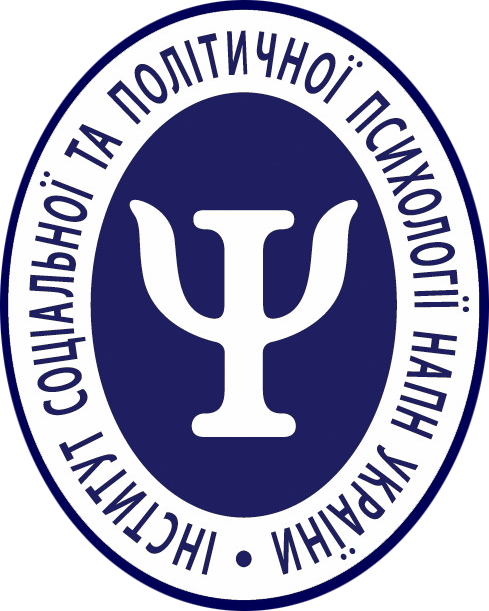Agreements of cooperation with foreign partners:
- University of the Peloponnese (The Department of Social and Educational Policy) signed 03.11.2015 http://dsep.uop.gr/index.php?option=com_content&view=article&id=46&Itemid=74&lang=en
- Lucian Blaga University of Sibiu signed 04.09.2015 http://www.ulbsibiu.ro/en/
- University of Warmia and Mazuri in Olsztyn signed 17.06.2016 http://www.uwm.edu.pl/en
- Institute of Social Sciences signed 05.07.2016 http://www.idn.org.rs/
- University of Catania signed 02.08.2016 https://www.unict.it/en/
- Center for Social Representations Studies signed 03.04.2017http://www.sr-indonesia.org/en/
- Lithuanian University of Educational Sciences signed 27.02.2017 https://leu.lt/en/home_leu.html
- Moldova State University http://usm.md/?lang=en
- Mykolas Romeris University (the Faculty of Public Security) signed 27.09.2017https://www.mruni.eu/en/university/faculties/viesojo_saugumo/#tab_1
Institute of Social and Political Psychology of National Academy of Educational Sciences of Ukraine was founded in 1996 by reorganization of Scientific Center of Political Psychology. The Institute makes a significant contribution into development of research methodology in the sphere of Social and Political Psychology.
The range of scientific studies covers the following topics:
- Theoretical and methodological basics of Social and Political Psychology;
- Complex analysis of social situation connected to personal and civil development of children and young people;
- Psychological mechanisms of personal socialization, enhancement of socio-adaptive abilities, personal development;
- Group dynamics problems, interpersonal and intergroup relations;
- State, regularities and development tendencies of mass consciousness and behavior;
- Socio-psychological conditions and factors of personal participation in political activities, preparation of young people for making conscious political choice;
- Psychology of power and political leadership problems;
- Socio-psychological aspects of mass communication, media education of young people, formation of psychological resistance to socially harmful information;
- Technologies of socio-psychological consulting, forecasting of socio-political processes and influence on their change.
The departments of the Institute are the following:
- Department of Psycho-Social and Politico-Psychological Research Methodology;
- Department of Social Psychology of Personality;
- Department of Masses and Communities Psychology;
- Department of Small Groups and Intergroup Relations Psychology;
- Department of Youth’s Political Behavior Psychology;
- Department of Psychology of Communication;
- Department of Mass Communication and Media Education Psychology;
- Department of Political and Juridical Relations Psychology;
- Department of Socio-Psychological Technologies.
The Institute trains PhD students and has a PhD defense council on the following specializations: General Psychology, History of Psychology; Social Psychology, Psychology of Social Work, Political Psychology.
The Socio-psychological rehabilitation center was created in the Institute in 2014. On its basis psychological support is provided for internally displaced persons, people affected by conflict in the East of Ukraine, combatants.
